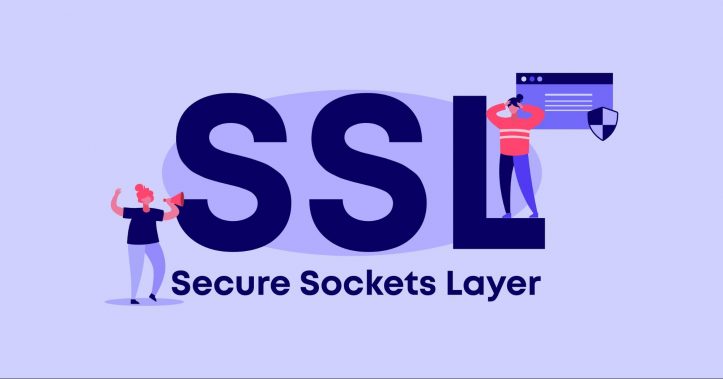What is SSL? SSL (Secure Sockets Layer) is an encryption/decryption utility used in conjunction with Internet communication. Transport Layer Security, which serves as the successor of the widely-used Secure Sockets Layer, is an encryption protocol designed to offer private communications security over an intranet network. SSL was developed by Bruce Schneier and J. Nicholas Koston for use in web browsers.
SSL is an industry-standard that enables secure connectivity to the Web. This facilitates secure credit card transactions as well as electronic support for digital certificates. SSL works by maintaining an encryption and authentication relationship between an IP-based network and Web servers. SSL is a modular approach to web security and is capable of handling various forms of digital certificates and IP-based messages.

SSL was first released under the name ‘Secure Socket Layer’ (SSL). Over time, however, SSL was changed to ‘Secure Sockets Layer 2’ (SSLS), following the adoption of wider standardization processes. The major change within SSL is its use of digitally-signed digital certificates. When an advertisement for a site shows up on a Web browser, it first queries the website host whether the site can be authenticated.
If the host confirms, then the browser stores the response and displays it in the browser window. If the host doesn’t possess SSL certificates or doesn’t have trustworthy certificate authority certificates, then the browser refuses to connect to the site. Most commercial browsers today have integrated support for SSL and so the user doesn’t need to obtain separate SSL certificates. However, there are other ways to get around SSL security.
In the past, it used to be necessary to obtain separate certificates to secure sensitive information sent over the Internet. This limitation has now been removed and SSL v1.3 certificates are currently the most commonly used. SSL v1.3 certificates allow for more security because they also contain a random used to encrypt sensitive information sent over the Internet. To use the latest SSL protocol, you also need to be in possession of both a website host with SSL certificates and a trusted SSL CA.
There are many benefits to using SSL as opposed to HTTP: For one, SSL is much more secure than regular HTTP. SSL secures information passing between a web browser and a web server. It is commonly known as “SSL secure transport.” As a result, it is almost impossible for an unauthorized person to access your website. Since HTTP does not secure information passing between web servers, it makes it possible for an unauthorized person to view your site.
How is SSL secured? First, there is an encryption process that takes place when you make requests to your website. The encryption key is built into the web browser, and once the request is transmitted, your browser can only encrypt the requested part of the page and the rest will remain unencrypted. Encryption is done using Secure Socket Layer (SSL), which is also known as “TLS.” SSL uses Diffie-cation, or digitally signed encryption keys, rather than traditional encryption keys. By digitally signing the data transmitted by your web browser, you are ensuring that only you can read it – ensuring that nobody else can read it (thus eliminating the possibility of hacking).
SSL also uses what is called a “shared secret key,” which is also part of the encryption process. A shared key allows you to create a master key that is needed for all clients that will need to have access to the same information as you. A similar method is used in the Record Protocol, which is the foundation of SSL. SSL uses the encrypted form of IP addresses, rather than the IP addresses used in earlier versions of the Hypertext Transfer Protocol. Record Protocol only employs digital certificates as its method of securing information, and SSL uses a digitally signed request before allowing it to be transferred between clients. This greatly reduces the possibility of hacking.